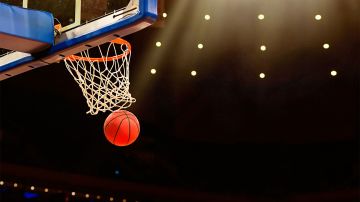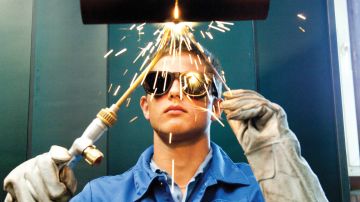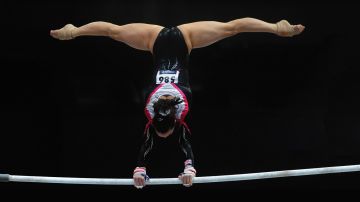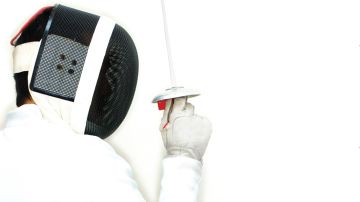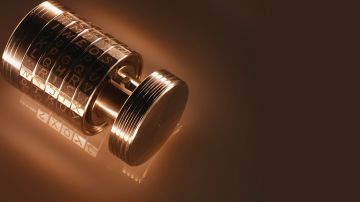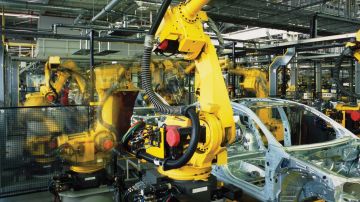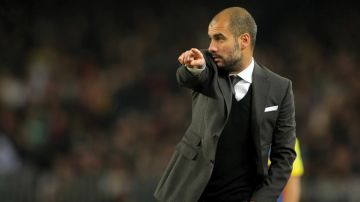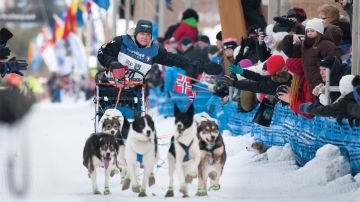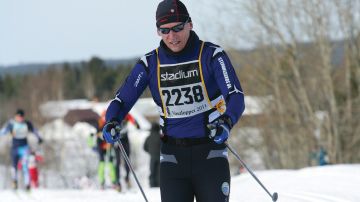Manfred Hartung, Leiter Instandhaltungsservice at INEOS Koln, has watched his son Max grow into a world-class swordsman over the years, but, in watching, he has also learned so much about managing teams, leadership and responsibility.
Former American boxer Muhammad Ali said that champions weren’t made in gyms.
They are, he said, made from something they have deep inside them – a desire, a dream, a vision.
Max Hartung has a desire, a dream, a vision – to bring home a gold Olympic medal for Germany.
If he does, no one will be more proud than his father, Manfred, Leiter Instandhaltungsservice at INEOS Koln, who learned shortly after his son took up fencing that he should never judge a book by its cover.
“Max was a rather awkward child and sometimes teased because he had to wear glasses,” he said.
“My wife and I thought he would be hopeless at fencing because he seemed so uncoordinated.”
“And I remember smiling when his coach said it would actually work to his advantage. He told us that his opponents would underestimate him.”
Manfred and his wife Roswitha listened but still weren’t convinced, so when it came to forking out for all the equipment, they bought Max second-hand kit.
“Max wore a girl’s fencing jacket which looked a bit out of place, but he wasn’t bothered,” said Manfred.
Max, then just aged nine and battling with foam swords, repaid them by starting to win tournaments.
In February this year their 22-year-old son qualified for the London Olympics.
He will be part of the four-man sabre team (fencing), who, if they win, will go down in history as the first German sabre team to ever win an Olympic medal.
Only three of the team, though, will be able to compete as individuals. The fourth will be the substitute.
Manfred said Max was determined not to be on the substitute’s bench.
Their coach is German national sabre trainer, Vilmo Szabo.
“His vision was to turn a team of young men and women into Olympic and world champions,” said Manfred.
“So far, he’s produced six world champions.”
Manfred, who will be in London for the Olympics, says he will be nervous watching his son take on the world’s best.
But it helps knowing that Max has developed an inner peace and confidence over the years.
“If you cannot cope with pressure in this kind of sport, you need to get out because fencing is very dangerous,” he said.
It is a danger Max is well aware of, having been stabbed during a training session many years ago.
“The sword went straight through his arm,” said Manfred. “Thankfully Max survived without any significant scars, either mental or physical.”
“He never worries about getting hurt.”
Over the years, Manfred has watched his son grow into a world-class swordsman but remains modest about the part he and his wife have played in his success.
“Probably the greatest gifts we have given our son are our love and the freedom to grow,” he said.
“He, on the other hand, has been my role model and helped me enormously in how I do my job at INEOS in Köln.”
Manfred said he had learned so much from Max about managing teams, leadership and responsibility.
“As a leader you have to provide a framework that allows your employees to make decisions on their own,” he said.
“It not only makes them more accountable for their own actions but it increases their self-confidence and belief and makes them feel proud of their achievements.”
Manfred said they were the fundamental building blocks for any successful company.
“On top of it, though, you do need to have someone who believes in you and your abilities and is willing to encourage you to achieve even greater things,” he said.
“Over the past 10 years I have realised that if you have a vision, the right set-up and the right people beside you, you can achieve anything.”

